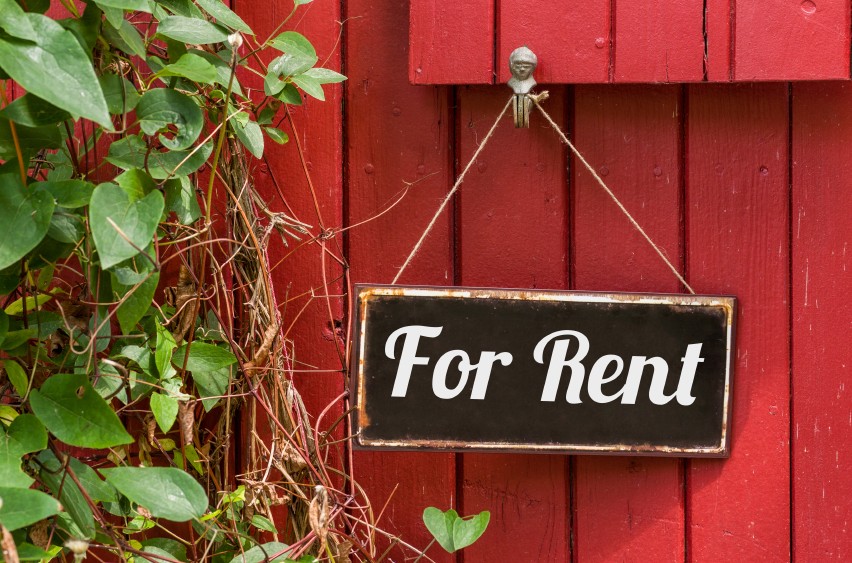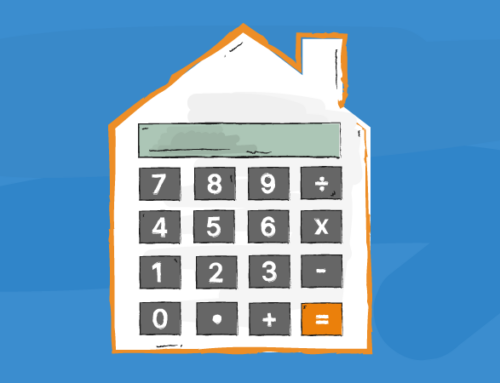Top Tips for Moving from a Homeowner to a Landlord

Making the move from a homeowner to a landlord for the first time can be a daunting task and there are many important factors to consider before putting your home onto the lettings market.
From practical advice to legal responsibilities, ARLA Propertymark (the Association of Residential Letting Agents) has some top tips to get you started.
David Cox, the Chief Executive of ARLA Propertymark, says: “Whether you’re a first time landlord or have let properties before, there are some things every landlord should know. Regulations change often, which means that not checking the rules can result in a landlord unwittingly breaking the law. We’ve put together these tips to ensure you understand your obligations and responsibilities as a landlord, and how to protect your property, keep your tenants happy and deal appropriately with any issues as they arise.”
Preparing your property
As a first step, you should undertake any maintenance that needs to be done on your home. A property will be more attractive to prospective tenants if it’s had a fresh lick of paint, all repairs are done and, if necessary, new flooring has been installed. Next, you should decide whether to let the property as furnished or unfurnished. If possible, offer both options, so that the agent can market it to a wider audience.
Do your homework
First thing’s first: get to know your market. Research similar properties in the local area and find out how much they are being let for per month. If your rent price is too high or too low, potential tenants will steer clear.

Top Tips for Moving from a Homeowner to a Landlord
Think about your target demographic and consider for whom your property would be most suitable, for example, young families, students or single professionals. A letting agent will be able to advise on this.
Once you’ve done your homework, set a competitive price and aim to keep your property filled at all times to minimise void periods.
Know your responsibilities
By letting your home, you’ll go from being a homeowner and occupier to a landlord, and, with your new status, comes great responsibility. In the first instance, check that your mortgage allows you to let your home, as some agreements include caveats to prevent homes from being let. If you are unsure, speak to your mortgage lender and they will be able to advise you accordingly.
Being a landlord is a 24/7 job, so you should be prepared to receive calls from your tenant at any time during the day or night, as some issues will need immediate attention, such as if there is a gas leak or broken boiler.
You will be accountable for all repairs and maintenance, and taking care of refurbishment of the interior and exterior of the property when required – unless you agree for your letting agent to manage the property, in which case, they will deal with all minor issues.
Insurance
Your existing home insurer must be made aware of your intention to let your property, as it’s likely that your policy will need to be amended. While specific Landlord Insurance isn’t a legal requirement, it is advisable, as the policy will protect the building, your contents and your investment as a whole. Rent Guarantee Insurance also covers your rental income.
Vet prospective tenants
You may wish to meet potential tenants before agreeing to let to them, or you may prefer to leave it to your letting agent, if you use one. If you do choose to use an agent, they will perform reference and credit checks on prospective tenants, to ensure that they are reliable. Otherwise, you will need to do this yourself.
Legal requirements
When it comes to being a landlord, there are more regulations to comply with than you can imagine. To put it into perspective, there are currently around 150 laws that landlords must adhere to while letting a property.
At the start of a tenancy agreement, landlords must carry out Right to Rent checks in line with immigration law, protect their tenants’ deposits and have all the essential paperwork in place.
While it’s not a legal requirement, it is certainly a very good idea to have a written tenancy agreement, so that both you and your tenant understand your rights and responsibilities.
The safety of your tenants is also very important, so you must undertake a gas safety check every year. It is also a good idea to make sure that all electrical appliances and wiring are tested regularly, too. Finally, it goes without saying that your rental property should be fitted with smoke alarms on every floor and carbon monoxide detectors where necessary.
By law, you will also need an Energy Performance Certificate (EPC) to let your home, and, from 1st April this year, your property must have an EPC rating of at least E to be let.
Choose the right agent
If you want to make the process of letting your home as pain-free as possible, use an agent to manage your property and guide you on everything that you need to know. A good agent will take away the stress of finding suitable tenants and also ensure that your property complies with any regulatory changes. Always remember to use an accredited agent that is signed up to an ombudsman scheme.
For free, useful advice on your responsibilities as a landlord, visit Landlord News’ handy guides section: http://landlordnews.co.uk/guide/



